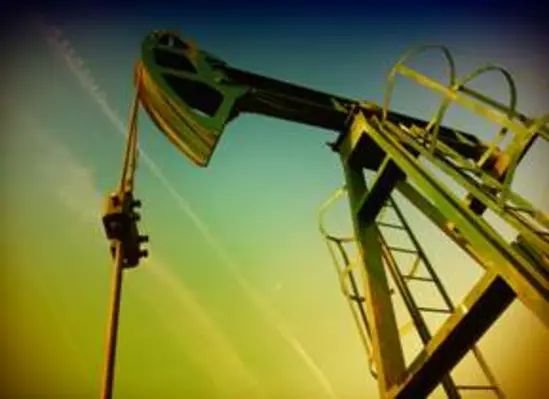Oil prices rose to a one-year high following comments of Russian President Vladimir Putin supporting OPEC’s recent agreement to cut production in a bid to boost oil prices
Speaking at the at the World Energy Congress in Istanbul, Putin commented that the current situation required a freeze or cut in oil production to maintain stability in global energy markets, saying, “Russia is ready to join the joint measures to cap production and is calling for other oil exporters to do so."
Brent crude jumped to $53.17 a barrel following these comments, its highest level since August 2015.
In September OPEC members agreed a production cut of 700,000 bpd to bring output down to 32.5-33 mn bpd “in order to accelerate the ongoing drawdown of the stock overhang and bring the rebalancing forward,” according to an OPEC statement. This represents the first deal to cut supply since 2008 and a shift in the Saudi-led OPEC strategy of pumping flat out to maintain market share. The details are to be finalised at the cartel’s next formal meeting in November.
Khalid Al-Falih, Saudi Arabia’s energy minister, said in Istanbul that he was optimistic that OPEC could thrash out the details of its production cut by the time of its November meeting, and that OPEC needed to behave in a balanced and responsible manner.
The IEA, in its latest monthly report, comments that the market – if left to its own devices – may remain in oversupply through the first half of next year. “If OPEC sticks to its new target, the market’s rebalancing could come faster,” it comments.
According to the report, global oil supply rose by 0.6 mn bpd in September, with non-OPEC up nearly 0.5 mn bpd on higher Russian and Kazakh flows and OPEC at an all-time high of 33.64 mn bpd, on robust Middle East production. “A significant rebound in supply from Libya and Nigeria and further growth from Iran would suggest that bigger cuts would have to be made by others, such as Saudi Arabia, to meet the new output target,” the IEA comments.







